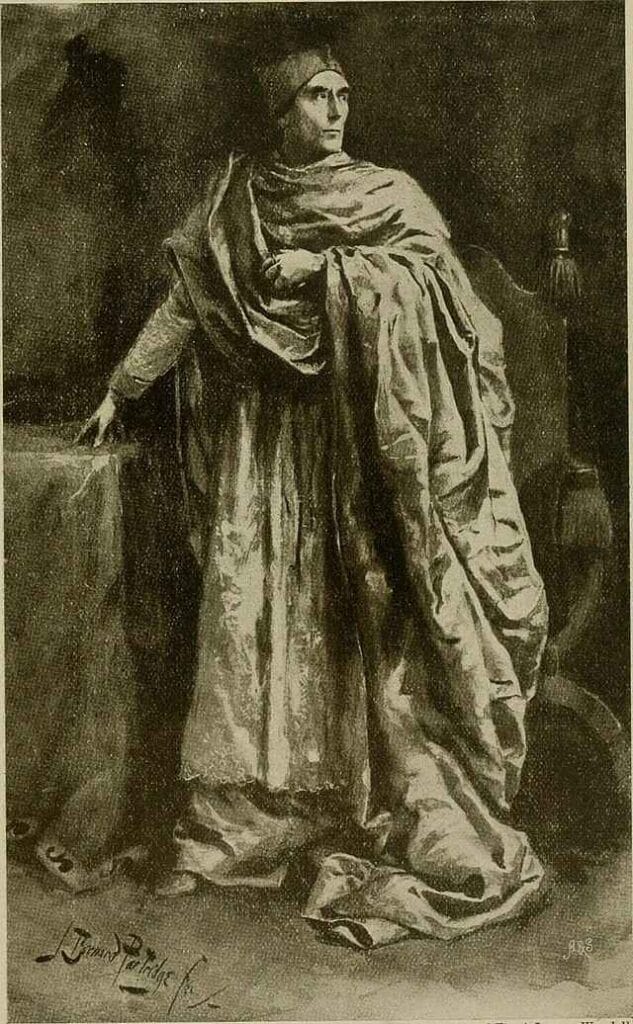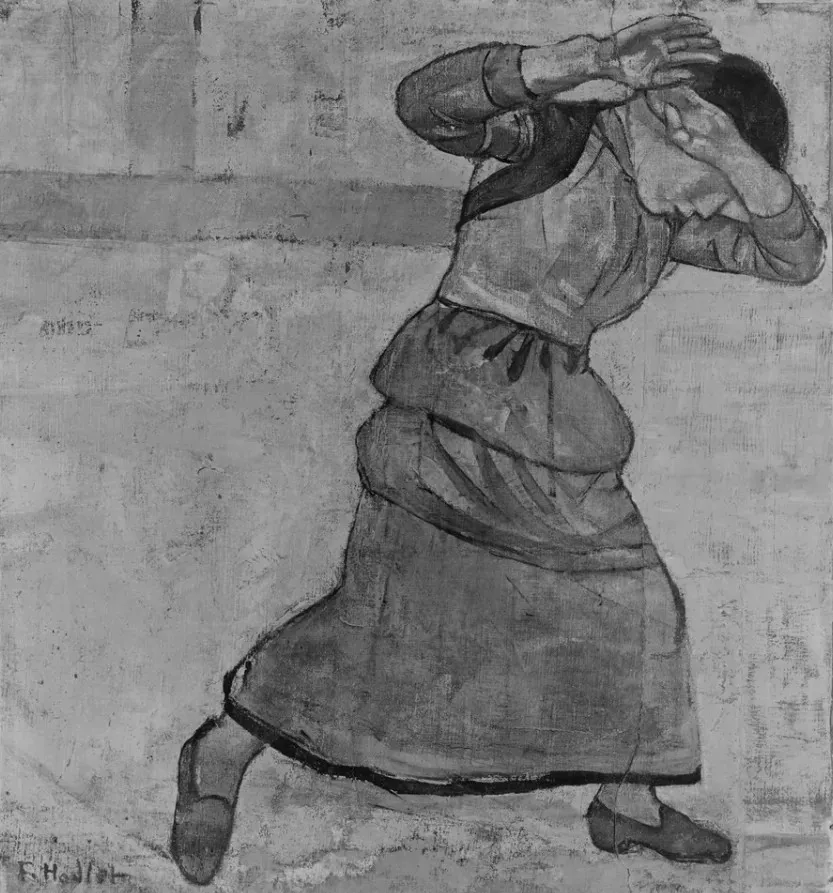What was Virginia Woolf’s Imagined Story of Judith Shakespeare?
In her renowned essay A Room of One’s Own, Virginia Woolf critiques the societal and material constraints that held back women’s creative potential, offering a thought-provoking examination of gender inequality. One of the most powerful parts of this essay is her imagined story of Shakespeare’s sister, Judith, a fictional character who symbolizes the tragic consequences of these limitations. Through Judith, Woolf highlights how women’s talents were not enough to overcome the gendered barriers of their time.
The Struggles of a Talented Woman in a Patriarchal Society
Woolf imagines a scenario where Judith, Shakespeare’s sister, possesses the same talent and ambition as her famous brother. While Shakespeare had access to education and the freedom to pursue his creative dreams, Judith, despite her equal capabilities, faced restrictions simply because she was a woman. Woolf writes, “She was as adventurous, as imaginative, as agog to see the world as he was,” yet society forced her to suppress her potential.

Shakespeare’s opportunities were rooted in his gender. Woolf illustrates how Shakespeare likely attended grammar school, where he studied Latin and classical works, giving him the intellectual foundation to become a renowned playwright. This education empowered him to live adventurously, pursue his passions, and achieve his goals. In contrast, Judith had no such opportunities.
Judith’s Restricted Role in Society
Judith’s story reveals how society placed strict limitations on women’s roles, confining them to domestic duties. Unlike her brother, Judith was expected to spend her time on tasks like “mending the stockings or minding the stew,” leaving her no room for intellectual growth. Though she might have had access to her brother’s books, her intellectual curiosity was stifled by the societal expectations placed on women at the time. Woolf highlights how Judith’s creativity and ambitions were ignored simply because she was a woman.
The Strain of Gendered Expectations
The societal pressures on Judith go beyond domestic duties. Woolf imagines Judith’s father attempting to arrange her marriage to a man she did not love. Judith rejects this idea, calling it repugnant, but “she cried out that marriage was hateful to her, and for that she was severely beaten by her father.” This moment reflects how women were expected to prioritize family honor over personal desires, even at the cost of their own well-being.

Judith’s emotional and physical suffering underlines the damaging effects of gendered expectations. It illustrates how society placed more value on women’s roles in marriage and motherhood than on their individual dreams and aspirations.
Judith’s Pursuit of Creative Freedom
Despite the barriers, Judith remains determined to pursue her passion for acting, just like her brother did for playwriting. She runs away to London in search of a stage career, but upon arriving, she faces immediate rejection. “She stood at the stage door; she wanted to act, she said. Men laughed in her face,” Woolf writes. This rejection highlights the deeply ingrained belief that women were not suited for professional fields, particularly in the arts.
Judith’s rejection symbolizes the broader societal belief that women’s creativity was not valued or respected. Even with her talent, she was denied the training and opportunities to develop her craft, leaving her dreams unfulfilled. Woolf’s depiction of Judith’s struggles at the stage door underscores how society dismissed women’s potential based on their gender.
The Tragic End of Judith’s Life
Judith’s tragic fate comes when she becomes pregnant, unable to escape the consequences of an unwanted pregnancy. Struggling with the limitations of her life and unable to pursue her dreams, Judith takes her own life. Woolf imagines her death, stating: “At last Nick Greene the actor-manager took pity on her; she found herself with child by that gentleman and so — who shall measure the heat and violence of the poet’s heart when caught and tangled in a woman’s body? — killed herself one winter’s night.”
Judith’s death symbolizes the destructive force of gender inequality. Despite her talent, she was crushed by the oppressive societal norms that forced her into roles she did not want. Woolf’s portrayal of Judith’s tragic end serves as a stark reminder of how systemic gender barriers can destroy women’s potential.
The Powerful Message of Woolf’s Story
Through the imagined story of Judith, Woolf highlights the deep disparity between men and women in terms of opportunity, particularly in creative fields. She paints a picture of the tragic consequences that arise when gendered expectations and societal limitations restrict women’s freedom to follow their passions. Woolf calls for a world where women have autonomy, financial independence, and the space to explore their creative abilities—values she explores throughout A Room of One’s Own.
Judith’s story serves as a timeless warning of how gender inequality can suppress women’s potential. Woolf’s message continues to resonate today, urging us to break down barriers and create a world where everyone, regardless of gender, can pursue their dreams and express their creativity without constraint.
Judith’s Tragedy: A Call for Gender Equality in the Arts
While progress has been made, Woolf’s story of Judith remains a powerful reminder of the ongoing gender inequality that still exists, especially in fields like the arts. Judith’s tragedy pushes us to examine how far we’ve come and how much further we need to go to ensure equal opportunities for all individuals, regardless of gender. Woolf’s call for change echoes through time, urging us to create a more equitable world where women’s voices are heard and their creative potential is fully recognized.


